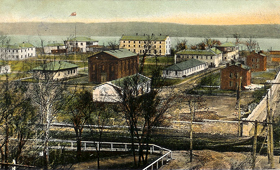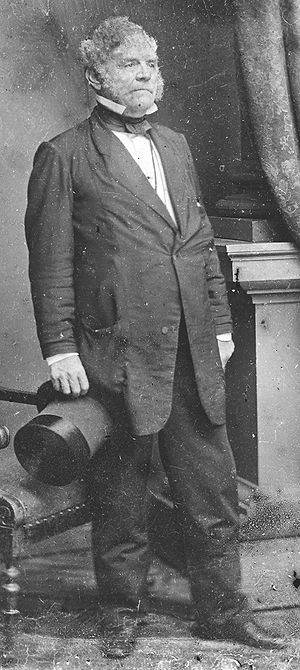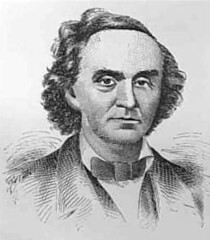 |
| Fort Washita, Indian Territory |
- Under orders from President Lincoln, US troops evacuate the forts in Indian Territory, leaving the Five Civilized Nations – Cherokees, Chickasaws, Choctaws, Creeks, and Seminoles – virtually under Confederate jurisdiction and responsibility. US Col. William H. Emory evacuates Fort Wachita and marches to Fort Leavenworth, Kansas./1861
- US Supreme Court Justice John Archibald Campbell of Georgia, who had acted as a mediator between the Confederate peace commissioners and Secretary of State William Seward and who had been a leader in the Washington Peace Conference, resigns today from the U.S. Supreme Court to serve as Assistant Secretary of War for the Confederacy./1861
- The Tennessee State Legislature convenes in secret session in Nashville. Rumors say they have adopted a secession ordinance, which they will announce after an attack on Washington that is expected to take place on May 4./1861
- Confederate diplomats Pierre Rost and William Lowndes Yancey arrive in London, joining Ambrose Dudley Mann who arrived April 15th. Immediately they begin meeting with those in the British Government who are sympathetic to the South./1861
- The New York City Yacht Club votes to volunteer its vessels to the Federal Navy if needed to put down the insurrection in the South./1861
 Image via Wikipedia Image via Wikipedia |
| Justice J.A. Campbell |





























